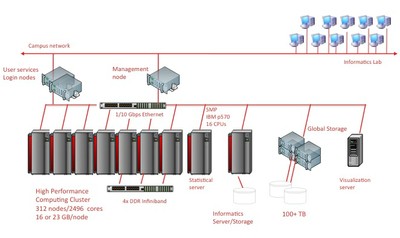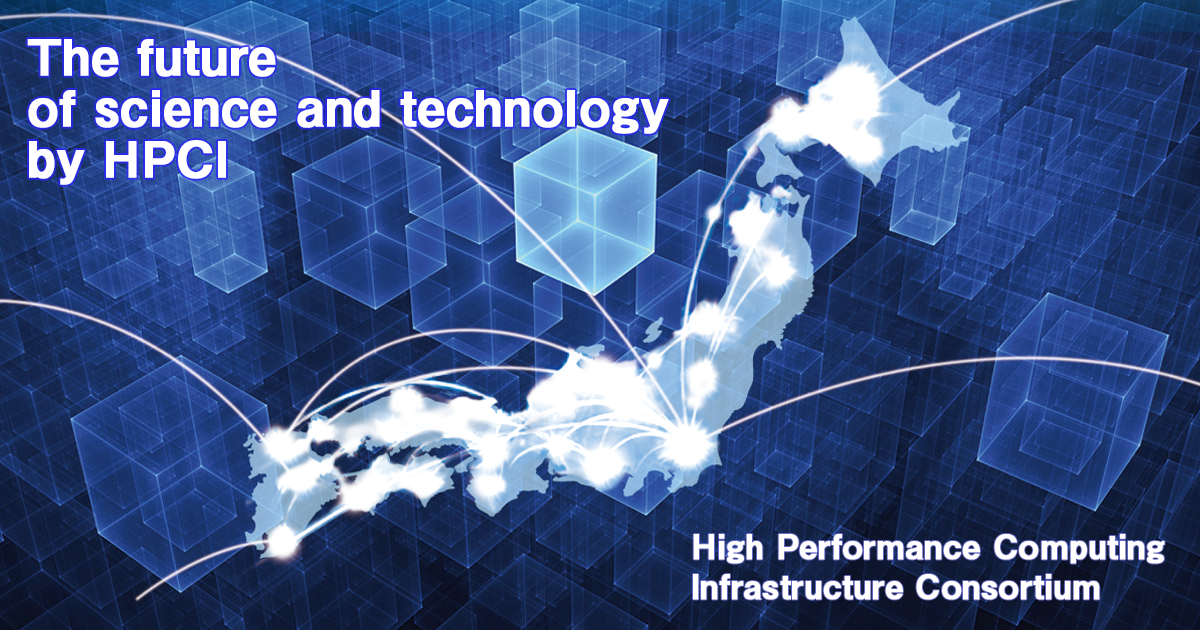

The results will not only improve Canada's renewable energy storage capacities but will contribute to their sustainable development. A research program at the Université de Sherbrooke aims to develop and study these ceramics and alloys to help address the potential environmental impacts of their extraction, production, use and end-of-life. The decarbonization of the Quebec and Canadian energy sectors is leading to the development of innovative materials such as high-performance ceramics and high-entropy alloys (metals made up of three or more elements) in which to store renewable energies. Université de Sherbrooke (Sherbrooke, Quebec): Establishing a sustainable renewable energy sector.Researchers at Simon Fraser University will create a computing environment for BLV people to practice entry-level electronics and computing skills and make STEM fields more accessible and inclusive to people of all abilities. The skills key to studying and working in STEM rely on visual information that BLV people are lacking. Simon Fraser University (Burnaby, British Columbia): Making STEM more accessible Members of the blind or low-vision (BLV) community are often excluded from studying and working in many Science, Technology, Engineering and Mathematics (STEM) fields, including electrical engineering and computer science.To support this new economy, researchers at Cape Breton University will establish a lab to develop technologies such as small-scale water treatment devices that will increase access to clean drinking water, improve the health and well-being of remote and First Nations communities and enable equitable social development on Cape Breton Island. Investments in Atlantic Canada’s ocean-based economy have helped address challenges that impede economic growth and social development across the region and especially on Cape Breton Island, such as water pollution from abandoned coal mines and food insecurity. Cape Breton University (Syndney, Nova Scotia): Empowering Atlantic Canada’s blue economy.Evans Leaders Fund (JELF), will help universities more competitively recruit and retain outstanding researchers by helping acquire the state-of-the-art labs, equipment and facilities they need to make discoveries that will have an impact on Canadians.įor example, projects being funded through the JELF will contribute to: This contribution, through the Canada Foundation for Innovation’s (CFI) John R. Today, the Honourable Randy Boissonnault, Minister of Employment, Workforce Development and Official Languages, on behalf of the Honourable Francois-Philippe Champagne, Minister of Innovation, Science and Industry and the Honourable Mark Holland, Minister of Health, announced more than $113 million to support 396 research infrastructure projects at 56 universities across the country.

Canada’s researchers need and deserve the best equipment and facilities to pursue ambitious ideas, to respond to environmental and health issues and to engage with research leaders from around the world.
HIGH PERFORMANCE COMPUTING COLLABORATORY HOW TO
Having the right research tools and facilities in place means researchers are ready to develop an intervention program to prevent childhood obesity or to explore how to lower carbon emissions by transforming agricultural waste into new products. Canada’s researchers dedicate their time and energy to better understand and address issues relevant to Canadians. In 2019, she assumed her current role where she manages the business operations for the centers and institutes that fall within the High Performance Computing Collaboratory at Mississippi State University.OTTAWA, ONT.

She provided oversight to departmental administrators to ensure proper accounting and project management of expenditures to comply with award conditions. In this position, she performed post-award management of sponsored projects and became proficient in federal agency award terms and condition. Upon graduation, she began her career at her alma mater as an Accountant for MSU’s central office, Sponsored Programs Accounting. Whitley obtained her Bachelor of Accountancy in 2012 from Mississippi State University. She oversees the financial aspects for the Center of Excellence and generates annual reports for ASSURE funding, expenditures, and cost share sources. In this role she serves as the Financial Manager for ASSURE (The Alliance for System Safety of UAS through Research Excellence, which is the Federal Aviation Administration (FAA) Center of Excellence (COE) for UAS Research, led by Mississippi State University. Whitley Alford is the Director, Business Operations for the High Performance Computing Collaboratory within Mississippi State University.


 0 kommentar(er)
0 kommentar(er)
